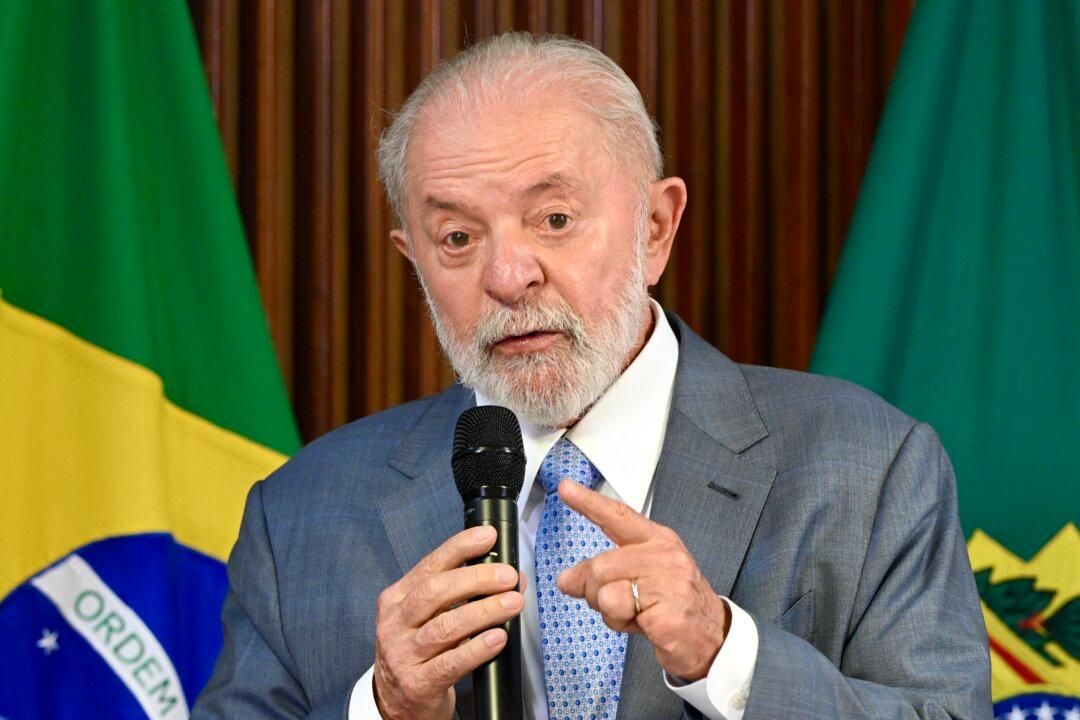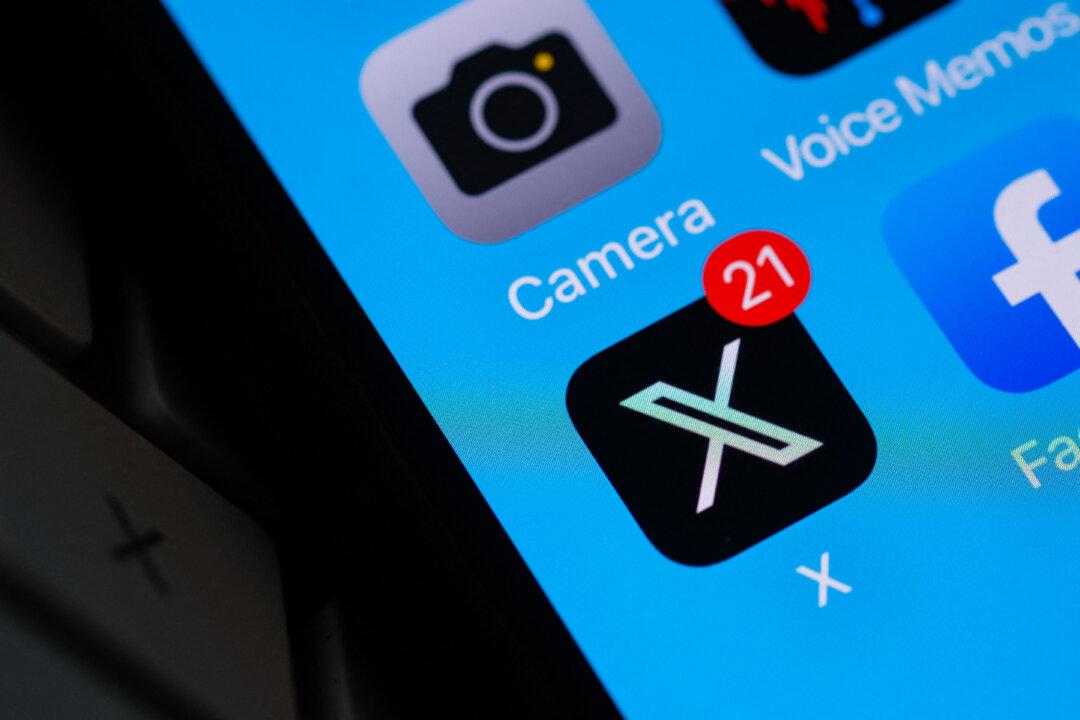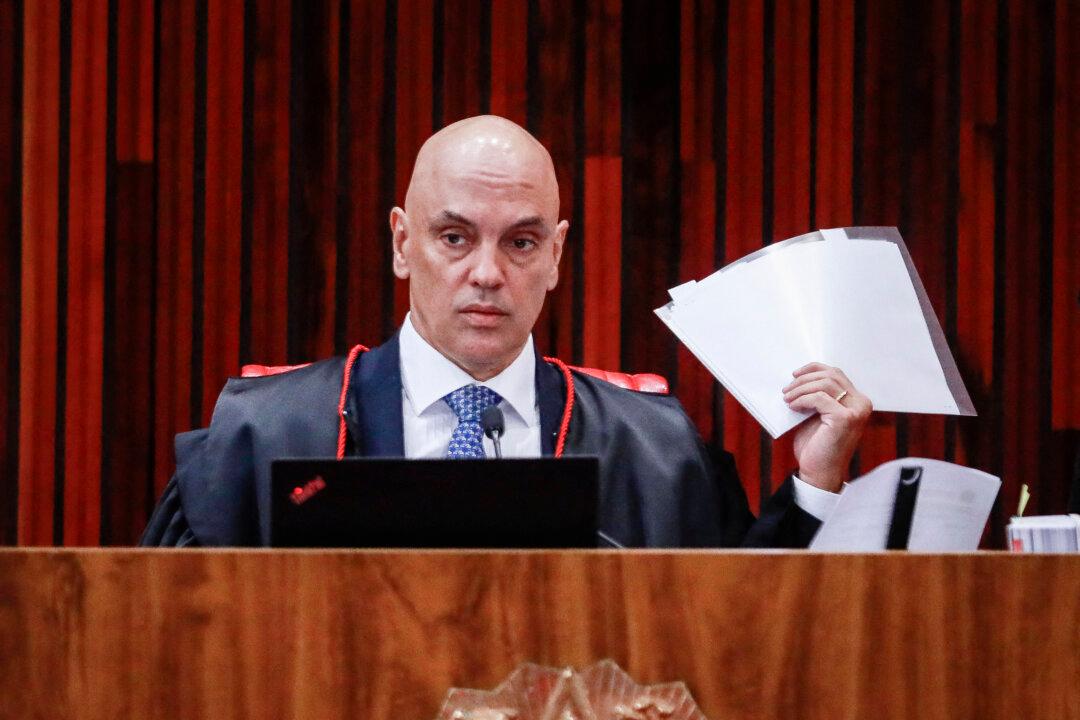Commentary
The notion of censoring political opponents is as old as civilization itself. Throughout history, countless governments have employed this tactic to silence dissent and maintain their grip on power. From ancient Rome to modern-day dictatorships, the suppression of free speech has been a hallmark of authoritarian rule.



